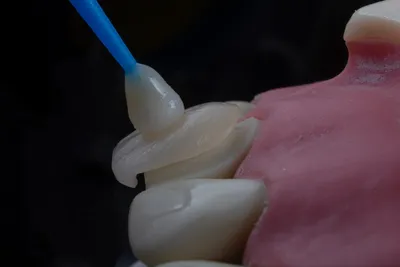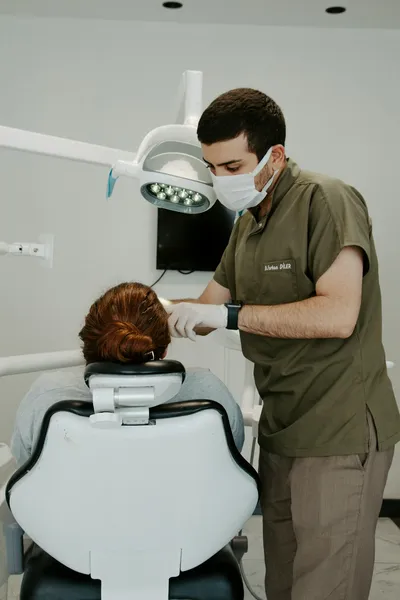Choosing the Right Material for Partial Dentures: A Detailed Guide

Understanding Partial Dentures Materials
Partial dentures are a popular solution for those who have lost some, but not all, of their teeth. They help restore both functionality and appearance by filling the gaps where teeth are missing. However, one crucial aspect of choosing partial dentures is selecting the right material. This choice can impact comfort, durability, and overall satisfaction with your dental prosthesis.
Types of Materials Used in Partial Dentures
Acrylic Resin
Acrylic resin is a common material used for partial dentures. It is affordable and easy to adjust, which makes it a popular choice for many patients. Acrylic partials are typically recommended for temporary solutions or for those who are on a tight budget. However, they may not offer the same level of durability as other materials.
Metal Alloys
Metal alloys, such as cobalt-chromium, are often used for the framework of partial dentures. These metals are highly durable and provide a strong base for the denture. They are more stable and less bulky compared to acrylic, making them a great option for long-term use. However, they can be more expensive and require a more complex fitting process.
Flexible Nylon
An increasingly popular option, especially for those who are allergic to metal, is flexible nylon. This material offers a comfortable and natural-looking alternative. Flexible partials are lightweight, easy to adjust, and can provide a snug fit. However, they may not be as durable as metal-based dentures and can be more challenging to repair.
Factors to Consider When Choosing a Material
Comfort
Comfort is one of the most important factors when choosing partial dentures. Different materials have different levels of flexibility and weight, which can affect how comfortable the denture feels in your mouth.
Durability
The longevity of your partial dentures is another key factor to consider. Metal-based dentures tend to last longer compared to acrylic or flexible nylon, but they might require a higher initial investment.
Cost
Your budget will also play a significant role in your decision. Acrylic partial dentures are usually less expensive, while metal and flexible options may have higher upfront costs but could offer better long-term value.
Conclusion
Choosing the right material for your partial dentures is crucial for ensuring long-term satisfaction and oral health. By understanding the advantages and disadvantages of different materials, you can make an informed decision that best suits your needs.
Consult with your dentist to discuss the best options available for you, considering your lifestyle, budget, and dental health requirements.
Popular Dental Implant Articles
Check out our most popular articles on dental implants and dentures, trusted by our readers for reliable information.



